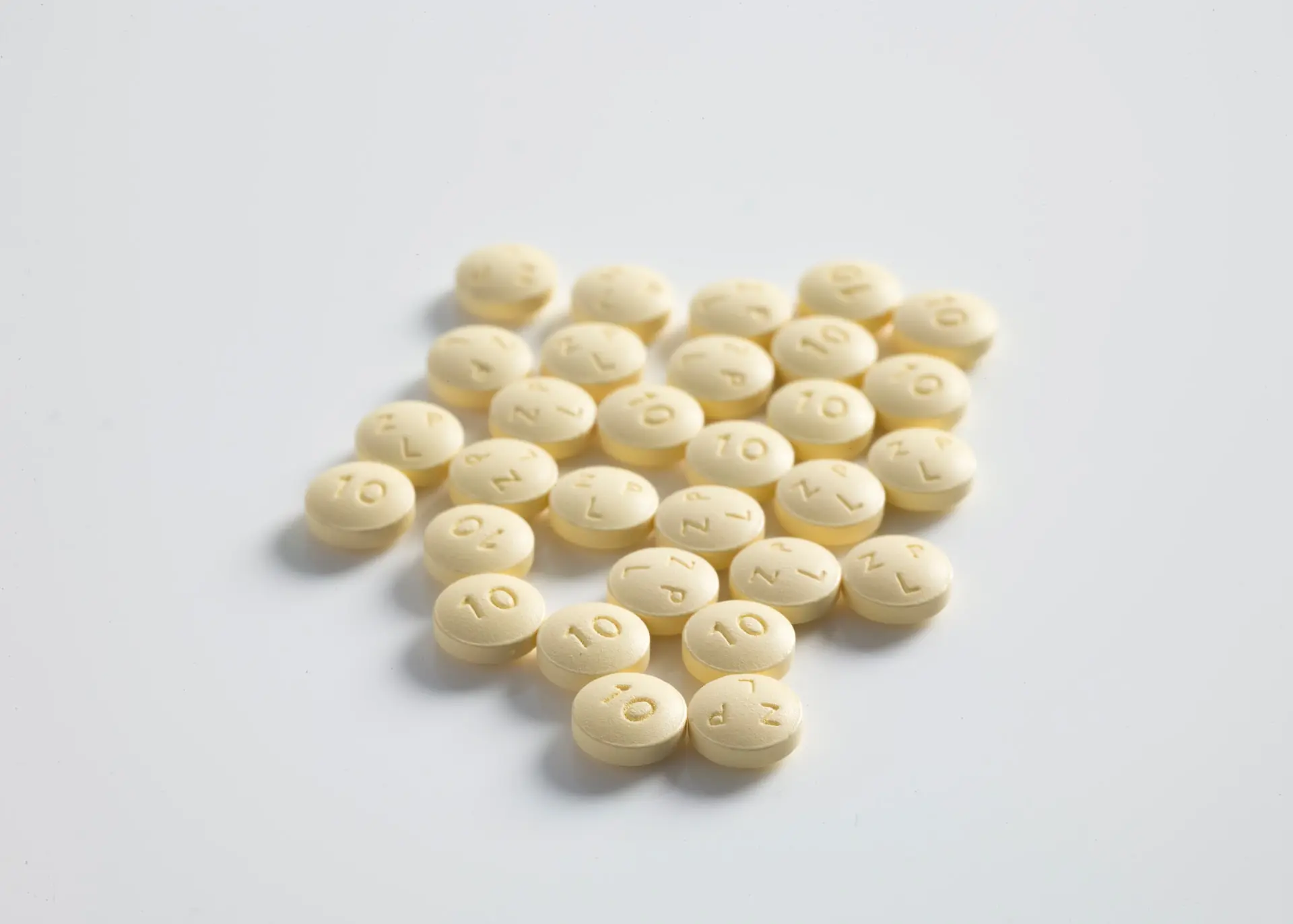Ritalin
What is Ritalin?
Ritalin, also known by its generic name Methylphenidate, is a central nervous system stimulant medication commonly prescribed for the treatment of Attention Deficit Hyperactivity Disorder (ADHD) and narcolepsy. Ritalin works by increasing the levels of dopamine and norepinephrine in the brain, which helps improve focus, attention, and impulse control.
Where does Ritalin come from?
Ritalin was first synthesized in 1944 by Swiss chemist Leandro Panizzon. It is derived from amphetamine, a stimulant that was widely used in the early 20th century. It was approved for medical use in the United States in 1955 and has since become one of the most commonly prescribed medications for ADHD.
What are the effects of Ritalin?
Cognitive
- Improved focus and concentration
- Increased alertness
- Enhanced cognitive function
- Reduction of hyperactivity
- Increased motivation
Physical
- Increased heart rate
- Elevated blood pressure
- Reduced appetite
- Insomnia
- Dry mouth
How to use Ritalin?
Ritalin is available in various forms, including immediate-release tablets, extended-release capsules, and chewable tablets. It is typically taken orally, with or without food, as prescribed by a healthcare professional. The dosage and frequency depend on the individual's age, medical condition, and response to treatment.
How much Ritalin to use?
When trying out new supplements it is wise to start with a lower dose and–depending on the experienced effects–increase or decrease the dosage accordingly
Dosages may vary depending on the individual and the specific formulation of Ritalin. For ADHD treatment, a typical starting dose is 5 mg twice daily, which can be increased gradually as needed, with a maximum dose of 60 mg per day. For narcolepsy, a typical starting dose is 10 mg daily, which may be increased to a maximum of 60 mg per day. Always follow your healthcare provider's recommendations for dosing and never exceed the prescribed amount.
What are the side effects of Ritalin?
Some common side effects of Ritalin include:
- Nervousness
- Insomnia
- Loss of appetite
- Nausea
- Dizziness
More severe side effects may include:
- Chest pain
- Irregular heartbeat
- Severe headache
- Shortness of breath
- Seizures
If you experience any severe side effects or an allergic reaction, seek immediate medical attention.
Interactions of Ritalin
Most nootropics are relatively safe to use on their own. Combining them with other substances may cause them to suddenly become dangerous or life-threatening.
Ritalin may interact with other medications, including:
- Antidepressants
- Antihypertensives
- Antipsychotics
- Blood thinners
- Decongestants
Always inform your healthcare provider of all medications, supplements, and herbal products you are taking to prevent potential drug interactions.
| Name | Ritalin |
| Other names | Methylphenidate |
| Effects | Focus, Motivation, Anxiety Reducing |
| Dosage | 5 ~ 10 mg Low to medium dosage 5 10 20 |
